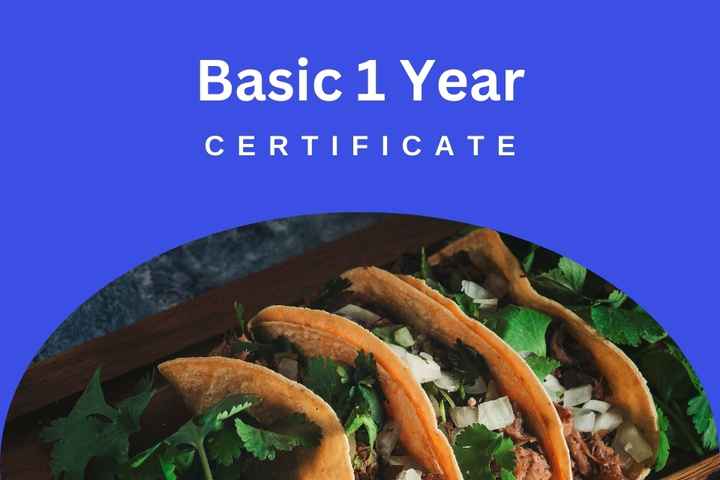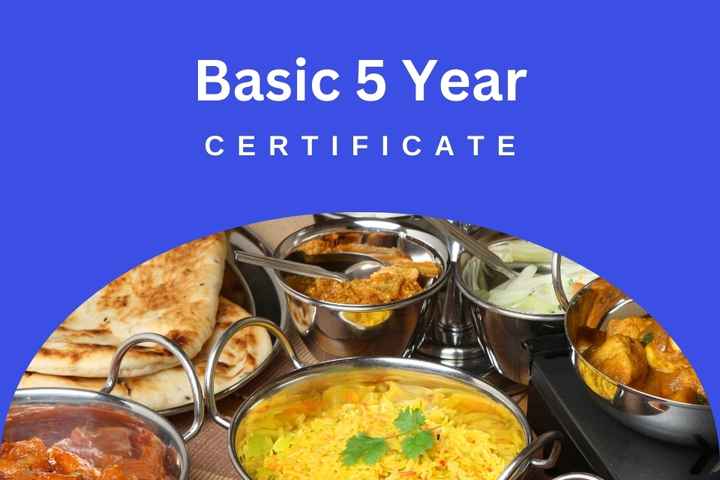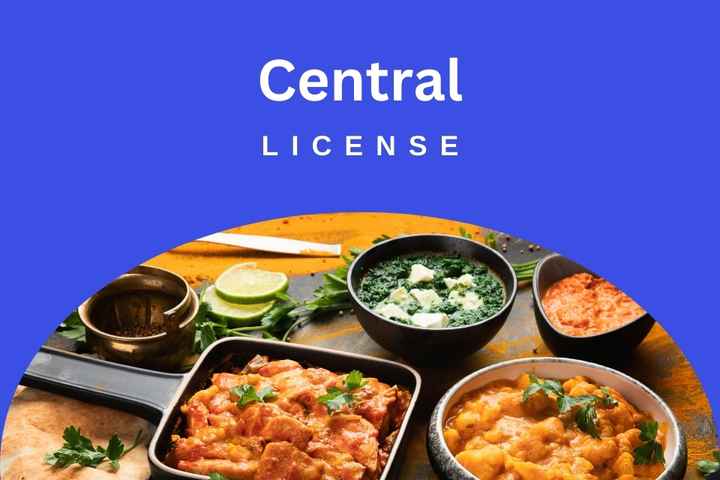FSSAI Renewal Online
FSSAI Renewal at ₹1999 ₹999/-
- Certified Food Safety Partner
- FSSAI Certificate renewal done here
- Get Your FSSAI Renewal in same day

Get Your FSSAI Renewal in 3 Easy Steps!
100% Guaranteed FSSAI Certificate Renewal
Fill the Form
Submit your basic details to start the registration process.
Document Verification
Our experts will review and verify your documents.
Get Your FSSAI Certificate
Once Renewed, your FSSAI certificate will be sent to your email.
FSSAI Registration/License
Ensure your food business is legally safe with an FSSAI license. Whether you’re a small startup or a large enterprise, we offer seamless registration services at the most competitive prices. Choose your plan and get started today!
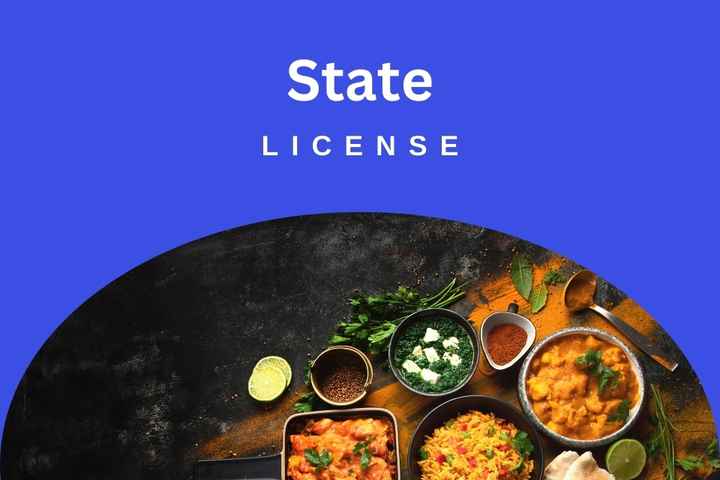
State License
Annual turnover of the business is between 12 lakhs to 20 crores
Fees At ₹3999 ₹2499/-
Sample Certificate
This document is a sample certificate issued under the Food Safety and Standards Act, 2006. We provide guidance and assistance in obtaining FSSAI certification to ensure your business meets the required food safety and hygiene standards. The final certification is issued by the appropriate government authority as per FSSAI regulations.
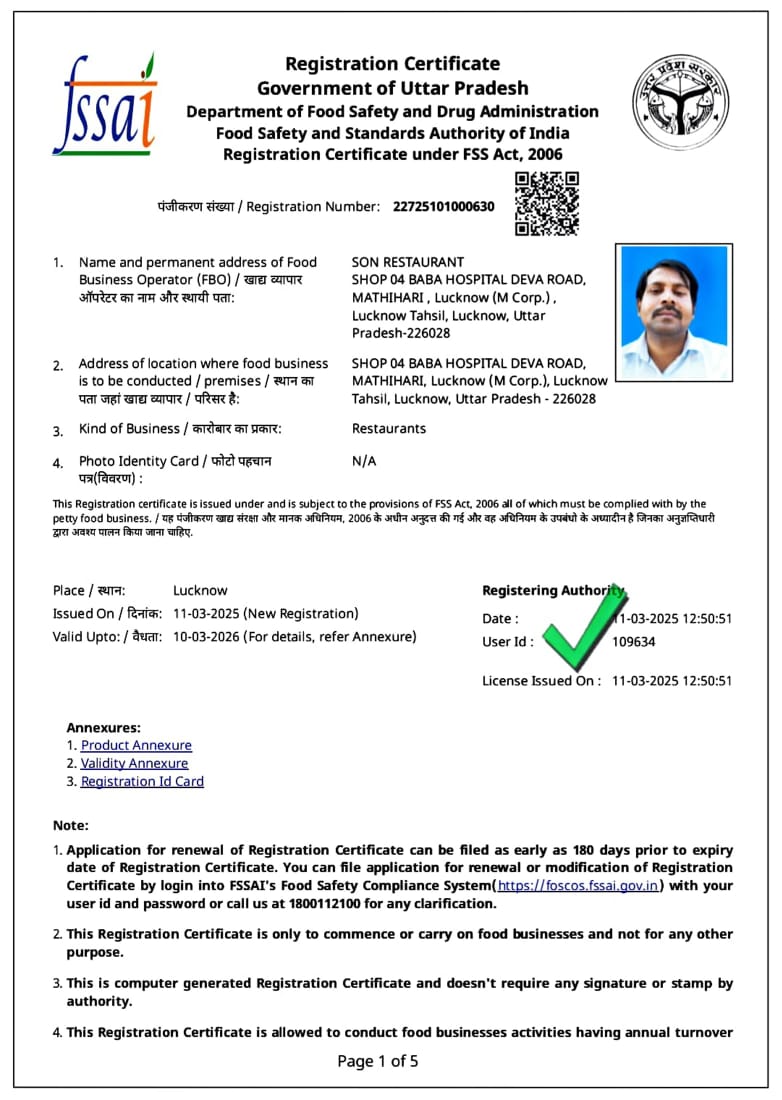
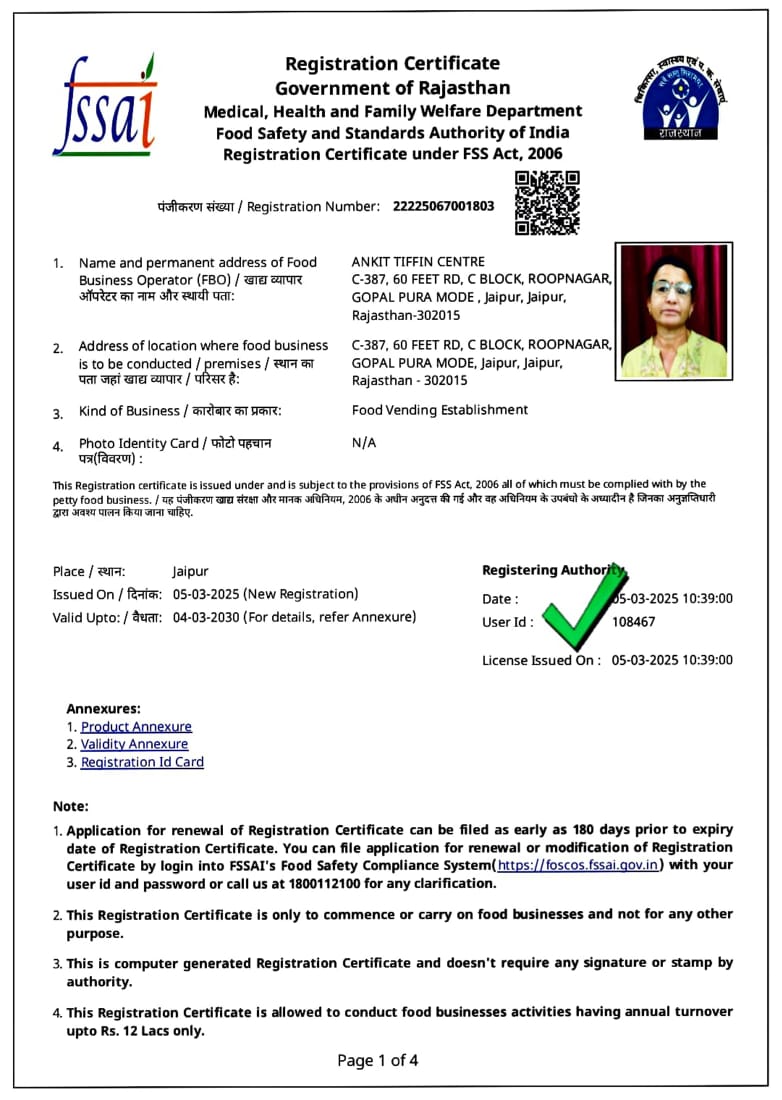
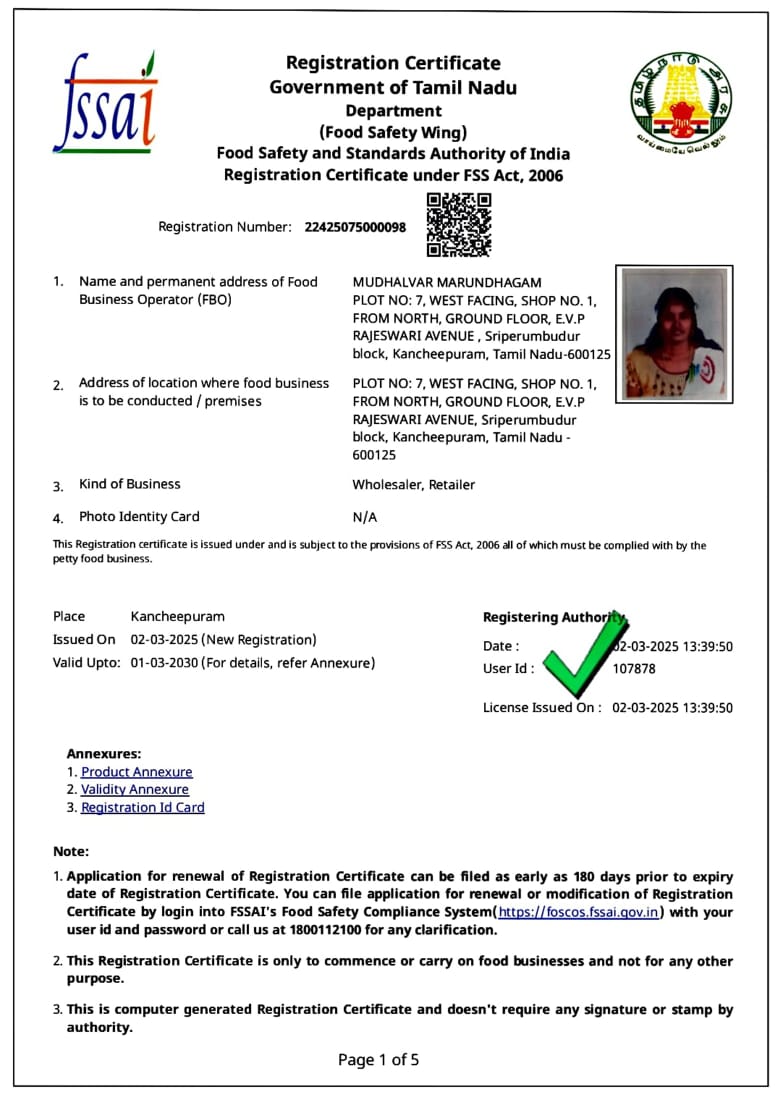
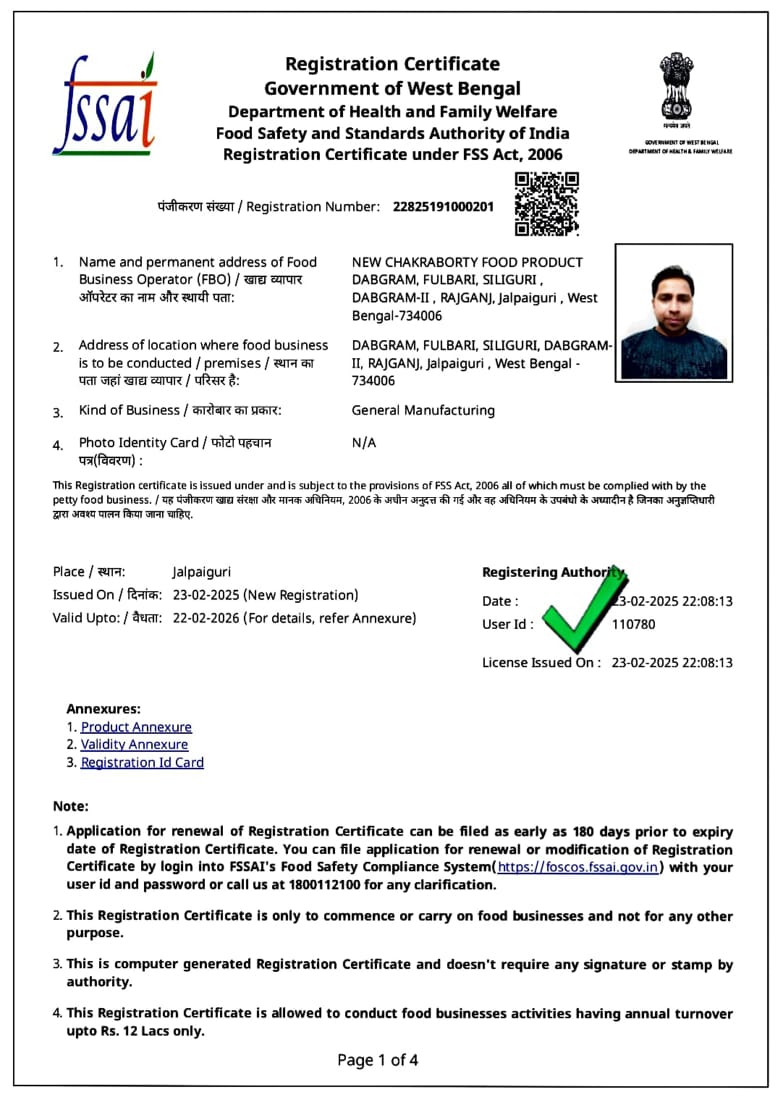
📌 Overview of FSSAI License
The Food Safety and Standards Authority of India (FSSAI) is a regulatory body that ensures the safety and quality of food products in India. Any food business operator (FBO) involved in manufacturing, processing, storage, distribution, or sale of food must obtain an FSSAI license or registration to operate legally. The license is issued under the Food Safety and Standards Act, 2006 and provides credibility to businesses by ensuring food safety standards.
✅ Benefits of an FSSAI License
Legal Compliance – Avoid penalties and legal issues by operating with a valid license.
Consumer Trust – An FSSAI-licensed business gains credibility and customer confidence.
Brand Value – Helps in branding and marketing, as customers prefer certified food businesses.
Business Expansion – Required for entering new markets, e-commerce platforms, and exports.
Hygiene & Safety Standards – Ensures food quality, safety, and proper hygiene measures.
Government Recognition – Eligible for government schemes and subsidies in the food sector.
FSSAI licenses are categorized based on the scale of operation and turnover of the food business:
1️⃣ FSSAI Basic Registration
- For small businesses & startups
- Turnover: Less than ₹12 lakhs per annum
- Applicable to: Small food manufacturers, petty retailers, hawkers, home-based kitchens, etc.
2️⃣ FSSAI State License
- For medium-sized businesses
- Turnover: Between ₹12 lakhs to ₹20 crores per annum
- Applicable to: Food manufacturers, wholesalers, storage units, transporters, restaurants, etc.
3️⃣ FSSAI Central License
- For large-scale businesses & export-oriented units
- Turnover: Above ₹20 crores per annum
- Applicable to: Large food manufacturers, importers, exporters, e-commerce platforms, etc.
📌 For Basic Registration:
✔ Passport-size photograph of the applicant
✔ Aadhaar card or any government-issued ID proof
✔ Business address proof (utility bill/rent agreement)
✔ Food business details
📌 For State & Central License:
✔ Passport-size photograph of the business owner
✔ Aadhaar card/PAN card/Voter ID of the applicant
✔ Business incorporation certificate (if applicable)
✔ Business address proof (electricity bill/rent agreement)
✔ Food Safety Management System (FSMS) Plan
✔ List of food products to be handled
✔ Proof of turnover (for State & Central license)
✔ NOC from the municipality or local authority
✔ Import Export Code (IEC) – for import/export businesses
Frequently Asked Questions
Find answers to common queries about the FSSAI registration process, required documents, timelines, and more. Get clarity before you proceed! 🚀
What is an FSSAI License?
FSSAI (Food Safety and Standards Authority of India) License is a mandatory certification for food businesses to ensure compliance with food safety regulations.
Who needs an FSSAI License?
Any business involved in food manufacturing, processing, storage, distribution, or sale requires an FSSAI registration or license.
What are the types of FSSAI Licenses?
There are three types:
- Basic Registration – For small businesses with turnover up to ₹12 lakh.
- State License – For businesses with turnover between ₹12 lakh and ₹20 crore.
- Central License – For businesses with turnover exceeding ₹20 crore or operating in multiple states.
What documents are required for an FSSAI License?
Common documents include:
- Identity proof (Aadhar, PAN, or Voter ID)
- Address proof of business premises
- Business incorporation certificate
- Food safety management plan
- NOC from the local authority
What is the validity of an FSSAI License?
The license is valid for 1 to 5 years, depending on the applicant’s choice, and must be renewed before expiry.
How can I check my FSSAI License status?
You can check the status on the official FSSAI website by entering your application reference number.
